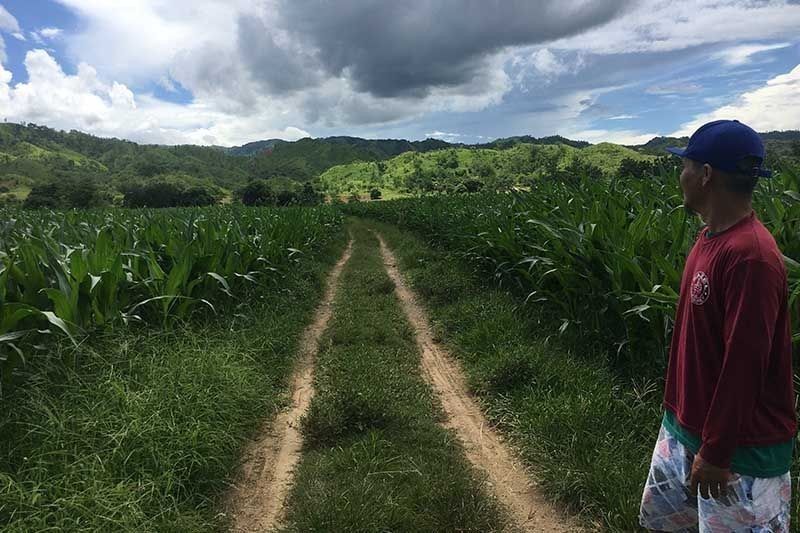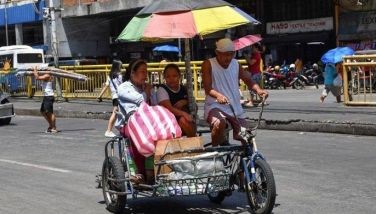Tap state scientists to develop drought, flood-resistant crops — lawmaker

MANILA, Philippines — The government should work more closely with researchers from the University of the Philippines to develop climate-resilient crops, a lawmaker said, emphasizing state scientists' role in protecting farmers from the threats of El Niño.
Rep. Wilbert Lee (AGRI Party-list) said Monday that the government should tap science centers in state universities like the University of the Philippines that are capable of developing crops that will survive extreme weather conditions like prolonged droughts.
International and local meteorologists have projected that the El Niño phenomenon will drive record-breaking temperatures this year and trigger more extreme weather and climate events.
During the last El Niño episode in 2016 — the warmest year on record — dry spells and droughts caused P15.2 billion worth of damage across more than 500,000 hectares of farmland.
The state weather bureau said that El Niño shows "signs of strengthening in the coming months."
To mitigate the impact of dry spells on farmers, the government "should consider harnessing the expertise and resources of our state educational institutions and science centers … to advance agricultural genomics research," the lawmaker said.
"By doing so, we can work towards developing drought and flood-resilient strains of rice that will safeguard our food security and mitigate the adverse effects of climatic uncertainties," Lee added.
According to a June 30 report by the Philippine Atmospheric, Geophysical, and Astronomical Services Administration (PAGASA), at least three provinces have already experienced dry spells or three consecutive months of rainfall reduction up to 60%, namely Apayao, Kalinga, and Cagayan.
Some rice farmers from Quezon have opted to skip planting palay this season to avoid possible losses once dry spells hit their area, according to an ABS-CBN report.
An estimated 180,000 farmers were affected by the 2016 drought, according to data from the International Federation of the Red Cross and Red Crescent Societies, with 54% of the affected population being rice farmers.
UPLB agri genome center
Lee said the government should maximize a recent partnership entered into by the country's premier state university with the Korean government to develop an agricultural genomics center at its Los Baños campus.
Inked on July 14, the partnership involves a $14.95 million-agricultural genomics agreement between UP and the Korea International Cooperation Agency to conduct the project, "Capacity-Building for Higher Education and the Establishment of Agricultural Genomics Research Center at the University of the Philippines Los Baños."
The collaboration seeks to create the UPLB Agricultural Genomics Research Center (UPLB-AGRC), bolster science and technology adaptation in agriculture, advance genome-based research and development capabilities and promote closer bilateral ties between the two nations.
The project will be implemented in UPLB, Los Baños, Laguna, for six years.
Agricultural genomics involves examination of the genetic makeup of a crop and tweaking certain genetic traits to create robust crop varieties capable of enduring harsh climatic conditions.
"We cannot control the weather, but we can and must find ways to deal with its effects on the agricultural sectors," Lee added.
- Latest
- Trending



























